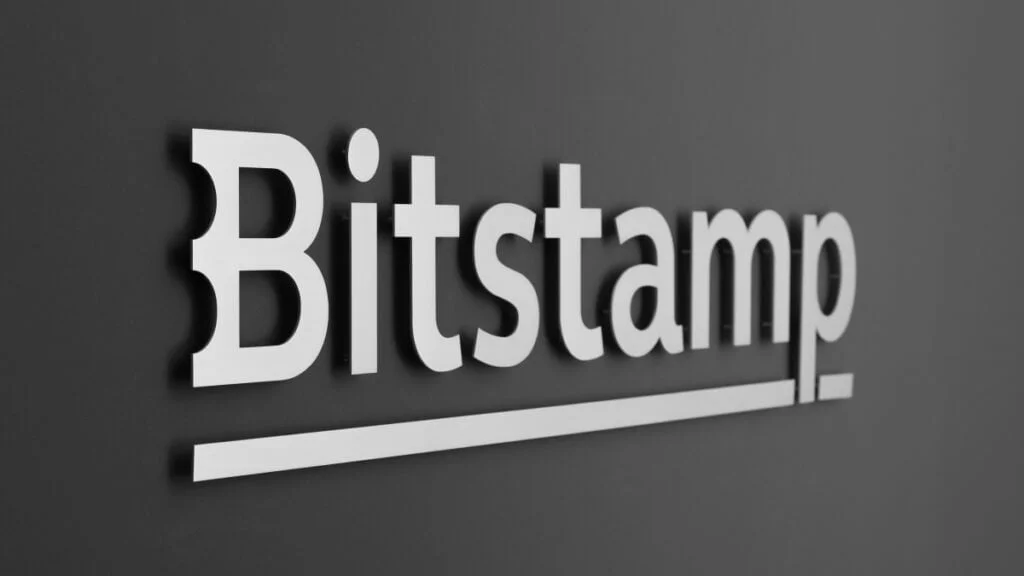Bitstamp became the 46th crypto business to obtain a permit to offer virtual currency exchange services for fiat currency in the country.

Spanish authorities have granted Bitstamp a license to do cryptocurrency business there. It signifies acceptance in yet another European country for an exchange, which since its establishment in 2011 has concentrated on the market in the European Union.
On November 17, the business made an announcement regarding its Spanish license. With the Bank of Spain’s license, Bitstamp’s regional affiliate can now provide electronic wallet custody and exchange services for fiat currency to Spanish customers.
Following companies like Binance and Bitpanda in receiving a license in Spain is Bitstamp, which is now the country’s 46th distributor of digital assets. Spain recently showed that it takes a moderate approach to regulating cryptocurrencies, which is consistent with the country’s rapid adoption rate.
The local financial watchdog Comisión Nacional del Mercado de Valores (CNMV) published a set of guidelines for promoting cryptocurrencies in January, requiring it to be “clear, balanced and fair”. The nation now has the third-largest Bitcoin network (BTC $16,702) as of this fall and bitcoin ATMs following the US and CA.
It presently has 215 crypto ATMs, surpassing El Salvador, which only has 212, and moving it down to fourth place. On its online digital marketplace known as Tu, Telefonica, a multinational telecommunications company with headquarters in Madrid, authorized cryptocurrency payments in September.
To accept cryptocurrency in exchange for its tech products, the company integrated a crypto payment option offered by the Spanish cryptocurrency exchange Bit2Me. In recent years, Bitstamp has stepped up its compliance efforts.
For regulatory considerations, it asked users to update the country of origin of cryptocurrencies held on the platform in April. The exchange supplied a formal list of examples of documentation elucidating the fiat-related sources of wealth of deposited funds, such as payslips for salaries and pensions, inheritance records, savings payslips, gifts, mining receipts, and others.
